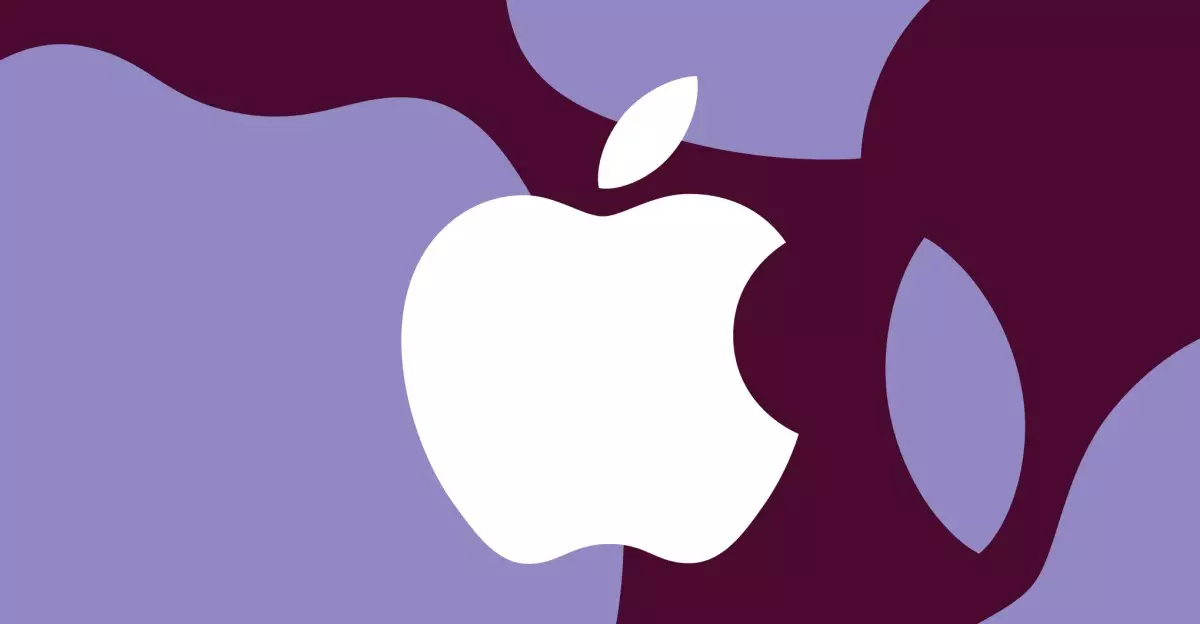The ongoing battle over encryption has reached a pivotal moment in the United Kingdom, raising fundamental questions about privacy, security, and the influence of government demands on technology companies. Recent developments concerning Apple’s Advanced Data Protection (ADP) signal a significant shift in the landscape of digital security, especially for users in the UK. This article seeks to dissect these events, exploring the implications of government requests for a backdoor to encrypted data and the consequential actions taken by tech giants like Apple.
End-to-end encryption (E2EE) is a method of securing data so that only the sender and recipient can access it. In essence, this technology allows users to communicate and store data with the assurance that it remains private and is not vulnerable to unauthorized access, including that from the service provider. Apple’s ADP, for instance, utilizes this encryption to protect user data stored in iCloud, ensuring that even Apple cannot decipher the files. Launched in late 2022, this feature enhances user confidence, particularly in the face of rising data breaches and privacy concerns emerging around the world.
However, the introduction of stricter controls by governmental bodies presents a challenge to this level of security. The UK’s investigative agencies have expressed demands to access encrypted files, particularly citing concerns that such technologies might enable criminal activity. This conflict highlights the delicate balance between individual rights to privacy and the government’s responsibility to protect its citizens.
The UK’s Home Office, under the direction of Home Secretary Yvette Cooper, reportedly issued a technical capability notice, known informally as a Snoopers’ Charter. This document sought to compel Apple to provide a backdoor to its encryption—essentially a way for law enforcement to access encrypted data without the user’s consent. Apple’s response was twofold: while they respected the law, they categorically refused to create a backdoor or a master key to access user data.
Consequently, Apple announced it would no longer offer ADP to new users in the UK, and existing users would eventually be compelled to disable the feature. This move has prompted widespread criticism, particularly from privacy advocates who argue that the removal of such protective measures directly undermines user security and paves the way for potential overreach by law enforcement agencies.
The ramifications of Apple’s decision extend beyond just the loss of the Advanced Data Protection feature. With its removal, a wealth of personal information—including file backups, photos, and voice memos—will now potentially be accessible to Apple and thus, shareable with law enforcement upon obtaining a warrant. This significantly weakens the protections built into Apple’s ecosystem, a move that consumers did not anticipate given the company’s staunch commitment to user privacy for years.
An Apple spokesperson has expressed disappointment over the situation, emphasizing that they prioritize user security and privacy; however, the implications of such drastic measures raise questions about the technology giant’s influence when faced with government pressure. This dynamic poses a serious threat to data privacy across the globe, particularly in a time when data breaches are at an all-time high.
Beyond Apple, the UK’s governmental stance against end-to-end encryption puts all companies offering similar services, such as Google and Meta, under a watchful eye. Although Google and Meta have maintained their encryption protocols for UK users, constant government scrutiny could pressure these companies to forgo essential security measures in favor of compliance. The message seems clear: the government’s demand for access may lead to a domino effect, potentially eroding privacy rights for users globally.
More generally, the narrative that E2EE is a tool for criminals perpetuates a fear-based approach towards technology regulation. While it is undeniable that some have exploited encryption for dubious purposes, the vast majority of users leverage it for legitimate reasons, primarily the need for privacy in an increasingly interconnected world. The notion that functionality designed to protect citizens in ordinary circumstances could be dismantled in the name of protecting society from crime poses a fundamental question about societal values.
The developments in the UK concerning encryption and data privacy signal a critical time in the ongoing dialogue between government authority and technological advancement. As companies like Apple reevaluate their offerings in response to governmental demands, users are compelled to reconsider their digital safety nets.
Moving forward, it is essential for consumers and privacy advocates to mobilize and challenge these actions proactively. Advocacy for robust privacy rights, transparency in government requests, and persistent pressure on tech companies to uphold user security must remain paramount. Only through collective effort can the right to privacy—the cornerstone of liberties in the digital age—be preserved against encroaching governmental controls.
In the face of evolving challenges, protecting personal data in a digital world demands vigilant advocacy and unyielding commitment from both technology providers and users alike.


Leave a Reply